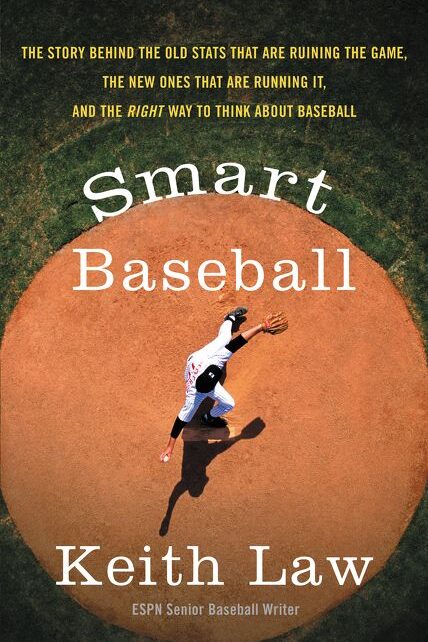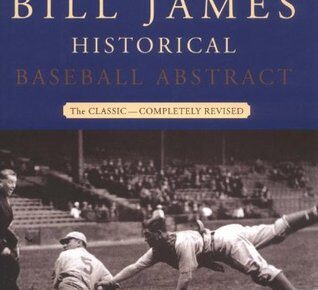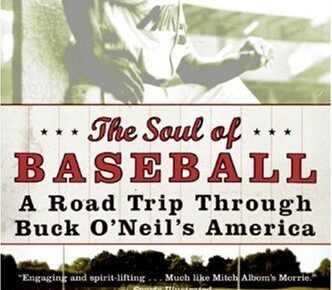I’m a relatively new convert to the sabermetrics side of baseball. I know it may seem at times, based on my writing at least, that I am someone who is deeply entrenched in the sabermetric world. I’d like to think I’m someone who has slowly been able to immerse himself into sabermetrics and gain a better understanding of both those stats and the game of baseball as we know it today. A stated I wasn’t always that way. I was once completely clueless, and boy do I ever wish there was a book like Smart Baseball back in those days.
Keith Law’s debut novel is presented in a format that any baseball fan should be able to easily digest. The chapters are neither overly long or too analytical. The book is broken up into chapters so that the feel of the book is one of what you know, followed by what you need to know, and finally putting it all together for a different outlook on the game of baseball. Law doesn’t present his book as the ultimate tome on old or new stats, but rather as a way to bridge the gap for baseball fans of any stripe.
Most importantly, Law doesn’t talk down to the reader. I can’t tell you how much of a hurdle a sabermetrician like Brian Kenny was to my finally coming around on sabermetrics. Being made to feel like an idiot for thinking differently isn’t the best way to convert people to your side. Yet, that was the approach taken by Kenny and a few other prominent sabermetricians I encountered in my stat infancy. Smart Baseball steers clear of this issue by working under the assumption that it’s okay if you still believe in older stats. There are reasons for you believing that way, not all those stats are useless, but, ultimately Law leads the reader towards a path of better understanding with no need to belittle or look down upon.
I’ve focused a lot so far on those new to sabermetrics, but Smart Baseball isn’t just for that set. I now consider myself a guy who has a decent grasp of sabermetrics and I still found plenty to enjoy about the info presented by Law. I didn’t necessarily agree with Law on all his points (the odd idea that lowering the mound in 1969 hurt offense is my biggest issue with the book) and I do differ from Law in the main set of advanced stats I tend to use. Still, differences are okay, and the few minor blemishes in Smart Baseball are just that, minor and in no way a serious knock on the book.
I’m really glad I gave Smart Baseball a read, and it’s a book I would recommend to any baseball fan. For those still living in the world of old stats, it will give you something to think about. Those who are already using advanced stats will get plenty from Smart Baseball as well. Law’s writing style is both informative and engaging, the sort of book that lives up to part of its name by making you feel smarter while also being easy to get through. I had a feeling I would like Smart Baseball before I turned a page, and it feels good to be able to come back and say that, yes, Smart Baseball is a baseball book that is worth every second of your time to read.
Lead photo courtesy of William Morrow




